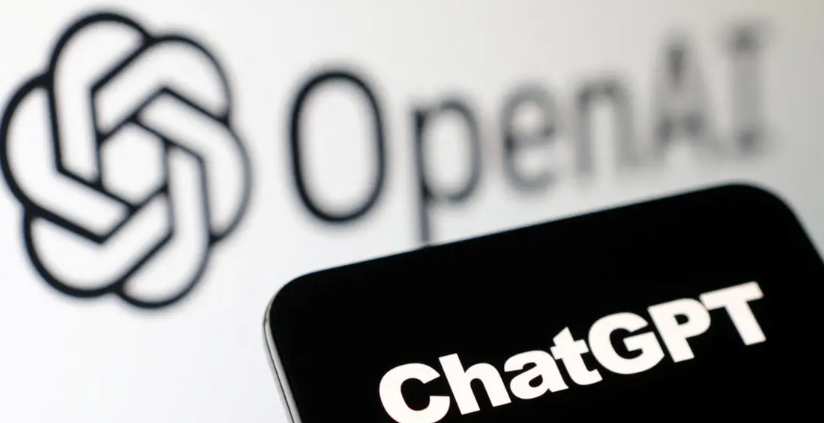
OpenAI has issued a warning to suspend the account of the Chinese company ByteDance, the parent company of the TikTok app, following allegations that ByteDance is using models and services from the American company to train and develop a formidable competitor to the artificial intelligence platform ChatGPT.
The conflict stems from a confidential project undertaken by ByteDance called Project Seed, with the objective of developing artificial intelligence models. Evidence has surfaced indicating that ByteDance employees engaged in discussions on internal communication platforms about methods to conceal any traces of their utilization of OpenAI models during the training process.
OpenAI clarified that ByteDance’s license for using the APIs strictly allows the use of a limited amount of data. The company is currently examining ByteDance’s usage based on this restricted data. Should violations be confirmed, OpenAI will demand corrective actions from the Chinese company or potentially suspend its account permanently.
It’s important to note that ByteDance did not directly participate in OpenAI’s business program to obtain a license for utilizing its intelligent models. Instead, ByteDance accesses these models through its account on Microsoft’s Azure cloud service.
Reports in early December unveiled ByteDance’s efforts to develop a competing smart assistant to ChatGPT for internal use by employees. Additionally, the company is exploring the provision of smart assistant services for integration into its short video platform, TikTok.
In an internal communication memo, ByteDance conveyed that this new initiative aligns with the company’s strategic vision of integrating generative artificial intelligence tools with its existing services and products.
ByteDance has been actively working on the creation of a platform for generating images through text commands, aiming to compete with the well-known platform Meitu.
Throughout the current year, numerous companies have prioritized the development of intelligent assistants, whether internally for their employees, as demonstrated by Samsung, or for end users, as exemplified by social media platforms like Facebook, Instagram, and Snapchat. These intelligent assistants aim to aid users in image creation, content generation, and streamlining internet searches.
Leave a Reply